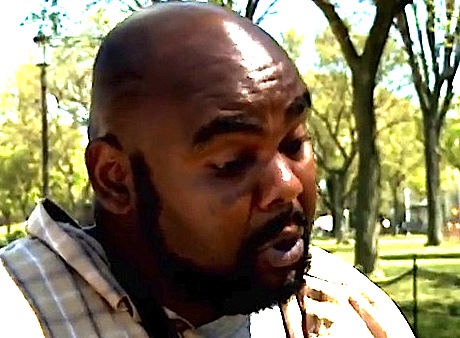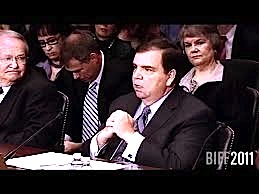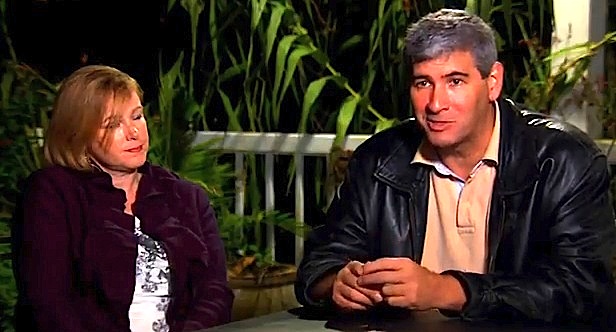RESISTANCE CINEMA Presents “HOT COFFEE” a film by SUSAN SALADOFF, HBO Documentary Filmsin association with Not Now Productions and The Group Entertainment, Produced and Directed by SUSAN SALADOFF with CARLY HUGO and ALAN OXMAN, (2011, 86 minutes)
WHEN: Sunday February 19th, 2012 - time: 2:15
WHERE: Community Church NY, Gallery Room 28 East 35th st. btwn Park & Madison Aves.
ADMISSION: Free, donations appreciated
PLEASE NOTE: DUE TO AN UNEXPECTED SCHEDULING CONFLICT THIS SCREENING WILL START AT 2:15PM
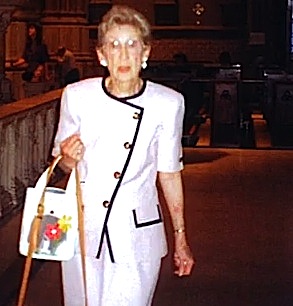 Seinfeld mocked it. Letterman ranked it in his top ten list, and more than fifteen years later, its infamy continues. Everyone knows the McDonald’s coffee case. It has been routinely cited as an example of how citizens have taken advantage of A
Seinfeld mocked it. Letterman ranked it in his top ten list, and more than fifteen years later, its infamy continues. Everyone knows the McDonald’s coffee case. It has been routinely cited as an example of how citizens have taken advantage of A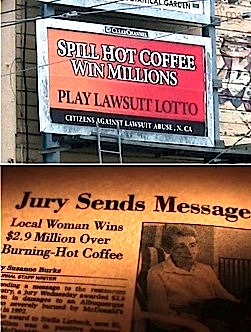 merica’s legal system, but is that a fair rendition of the facts? Hot Coffee reveals what really happened to Stella Liebeck, the Albuquerque woman who spilled coffee on herself and sued McDonald’s. It explores how and why the case garnered so much media attention, who funded the effort and to what end. After seeing this film, you will decide who really profited from spilling hot coffee.
merica’s legal system, but is that a fair rendition of the facts? Hot Coffee reveals what really happened to Stella Liebeck, the Albuquerque woman who spilled coffee on herself and sued McDonald’s. It explores how and why the case garnered so much media attention, who funded the effort and to what end. After seeing this film, you will decide who really profited from spilling hot coffee.
The fact is that our civil justice system has been under heavy attack by corporate interests for over 25 years.
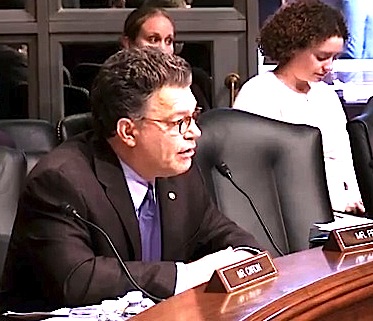 Despite the fact that federal legislation has never been successful, big business interests have won in the hearts and minds of average people. They launched a public relations campaign starting in the mid-80’s and continuing over the last two decades to convince the public that we have out of control juries, too many frivolous lawsuits and a civil justice system that needs reforming. They have used anecdotes, half-truths and sometimes out and out lies in their efforts, for one purpose – to put limits on people’s access to the court system, the one and only place where an average citizen can go toe to toe with
Despite the fact that federal legislation has never been successful, big business interests have won in the hearts and minds of average people. They launched a public relations campaign starting in the mid-80’s and continuing over the last two decades to convince the public that we have out of control juries, too many frivolous lawsuits and a civil justice system that needs reforming. They have used anecdotes, half-truths and sometimes out and out lies in their efforts, for one purpose – to put limits on people’s access to the court system, the one and only place where an average citizen can go toe to toe with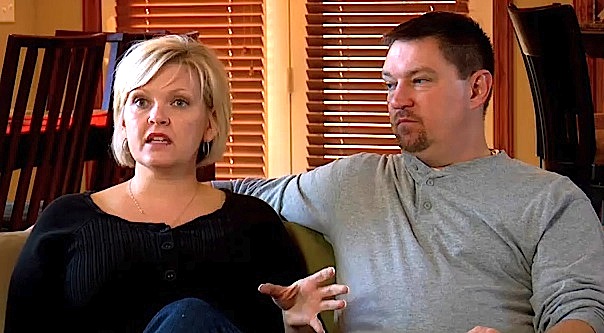 those with money and power and still have a shot at justice. Slowly, but steadily, consumers have been signing all manner of contracts for common products that contain obscure clauses in which they give up their right to sue in court and submit instead to arbitration panels rigged in favor of the corporation.
those with money and power and still have a shot at justice. Slowly, but steadily, consumers have been signing all manner of contracts for common products that contain obscure clauses in which they give up their right to sue in court and submit instead to arbitration panels rigged in favor of the corporation.
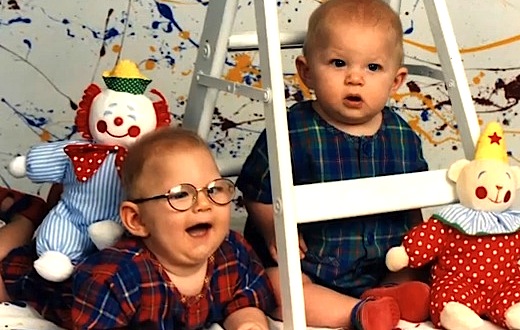 Because of the success of the public relations campaigns, paid for by tobacco, pharmaceutical and insurance companies, to name a few, our civil justice system is not impartial. Jurors have been led to believe that a large verdict will affect their pocketbooks. Voters believe that we have a court system out of control that needs reforming. Although there are consumer advocacy groups who have attempted to set the story straight, there has yet to be
Because of the success of the public relations campaigns, paid for by tobacco, pharmaceutical and insurance companies, to name a few, our civil justice system is not impartial. Jurors have been led to believe that a large verdict will affect their pocketbooks. Voters believe that we have a court system out of control that needs reforming. Although there are consumer advocacy groups who have attempted to set the story straight, there has yet to be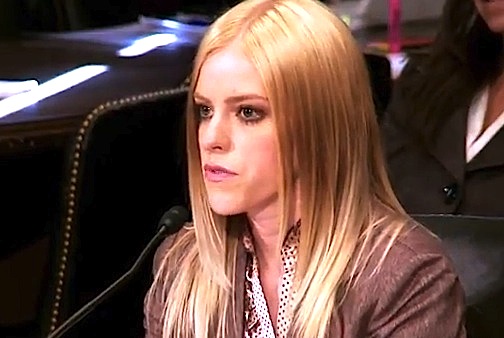 enough money to launch the kind of public relations campaign for consumers that can even begin to combat and challenge the public relations campaigns of pro-business and tort reform groups. Over the last few years, however, documentary films and independent film festivals have become a vehicle for alternative ideas to get a public forum.
enough money to launch the kind of public relations campaign for consumers that can even begin to combat and challenge the public relations campaigns of pro-business and tort reform groups. Over the last few years, however, documentary films and independent film festivals have become a vehicle for alternative ideas to get a public forum.
